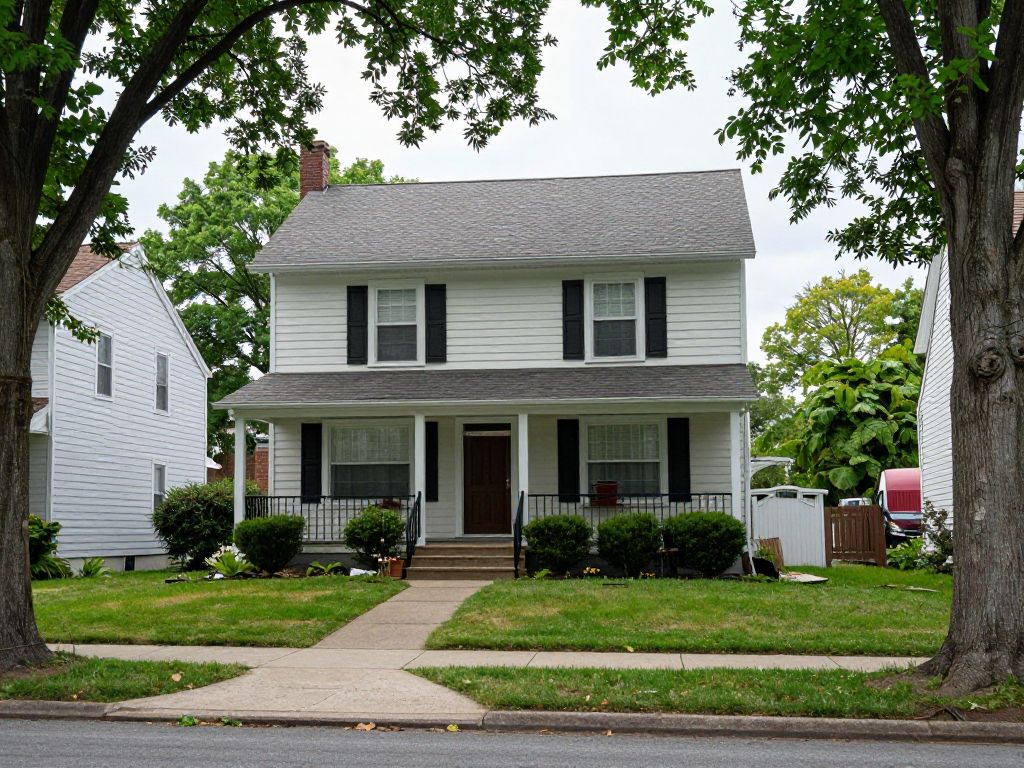News Summary
Massachusetts Insurance Commissioner Michael Caljouw has rejected a proposed 7.1% increase in workers’ compensation rates by WCRIB, maintaining the current rate structure. This decision preserves a significant 14.6% decrease implemented in July 2023, aimed at financial stability for employers. The move is expected to save businesses approximately $80 million, reflecting ongoing economic challenges. Critics, including WCRIB, fear that these rate cuts may lead to financial instability in the insurance sector. The decision aligns with recommendations from the Attorney General and illustrates the complex dynamics of the workers’ compensation market in the state.
Boston, Massachusetts – Massachusetts Insurance Commissioner Michael Caljouw has officially rejected a proposal from the Workers’ Compensation Rating and Inspection Bureau (WCRIB) to implement a 7.1% increase in workers’ compensation rates. This decision means that the existing rate structure, which includes a significant 14.6% decrease mandated in July 2023, will continue to be in effect for policies effective from July 1, 2025.
The rejection is considered a setback for WCRIB, which has previously described the earlier rate decrease as “excessive” and “unreasonable.” The bureau had advocated for a decrease of 7.6%, suggesting that the larger reduction would lead to inadequate rates due to evolving post-COVID pandemic data. If WCRIB’s proposal had been approved, the anticipated rate filing for this year would have proposed a smaller decrease of just 1.0%.
Maintaining the current rates is expected to save employers approximately $80 million, on top of the $87 million in savings achieved from the previous year’s rate cuts. This decision aligns with the Massachusetts Attorney General’s recommendation for an average rate decrease of 6.2%, which supports the push for financial stability within the business sector amid ongoing economic challenges.
The process of rate approval included comprehensive hearings that featured testimonies from WCRIB, the state’s Division of Insurance’s rating bureau, and the attorney general’s office. Despite WCRIB’s request, Commissioner Caljouw determined that the evidence presented did not sufficiently support the need for a proposed rate increase. Particular concerns were raised regarding loss development and aspects of underwriting profits.
In deciding to maintain the existing rates, Commissioner Caljouw has indicated an intention to safeguard businesses from additional costs related to rising economic pressures. Governor Maura Healey expressed support for this decision, emphasizing a key goal of managing business expenses and averting potential rate hikes that could adversely impact employers.
Implications of the Decision
WCRIB’s assertion of needing a rate increase is rooted in the belief that the substantial decrease from last year is leading to financial instability for some insurance providers. The organization has pointed out that the drastic cut in rates could yield protracted consequences that might necessitate future revisions to the rate structure.
In contrast to WCRIB’s viewpoint, the state’s rating bureau had proposed more conservative decreases of between 2.1% and 3.1% for standard classifications, with federally regulated jobs seeing reductions between 6.7% and 7.6%. This divergence highlights the ongoing debate regarding how best to calibrate workers’ compensation rates amid shifting variables in the economy and the aftermath of the pandemic.
Current Market Landscape
As of 2023, the leading writers of workers’ compensation insurance in Massachusetts by direct premiums include A.I.M. Mutual Insurance Cos. (11.07%), Hartford Insurance Group (10.58%), Travelers Group (10.47%), Liberty Mutual Insurance Cos. (7.33%), and Zurich Insurance US PC Group (6.59%). This competitive landscape shapes the dynamics of the state’s workers’ compensation market as companies navigate the implications of rates and claims trends.
Ultimately, the decision to maintain existing workers’ compensation rates is positioned to support the financial stability of businesses in Massachusetts, providing them with some relief from rising operational costs while also addressing the concerns raised by various stakeholders within the insurance framework.
Deeper Dive: News & Info About This Topic
- Insurance Journal: Massachusetts Workers’ Compensation Rate Decision
- Workers Compensation: Benefits in Massachusetts
- Littler: Massachusetts Revised Poster Requirement
- Insurance Business: Commissioner Denies Rate Increase Request
- Risk & Insurance: COVID-19 Compensable for Utility Workers
- Wikipedia: Workers’ Compensation
- Google Search: Massachusetts Workers Compensation Rate Decision
- Google Scholar: Massachusetts Workers Compensation
- Encyclopedia Britannica: Workers Compensation
- Google News: Massachusetts Insurance News

Author: STAFF HERE BOSTON WRITER
The BOSTON STAFF WRITER represents the experienced team at HEREBoston.com, your go-to source for actionable local news and information in Boston, Suffolk County, and beyond. Specializing in "news you can use," we cover essential topics like product reviews for personal and business needs, local business directories, politics, real estate trends, neighborhood insights, and state news affecting the area—with deep expertise drawn from years of dedicated reporting and strong community input, including local press releases and business updates. We deliver top reporting on high-value events such as Boston Marathon, Head of the Charles Regatta, and Boston Harborfest. Our coverage extends to key organizations like the Greater Boston Chamber of Commerce and Associated Industries of Massachusetts, plus leading businesses in finance, biotech, and insurance that power the local economy such as Fidelity Investments, Biogen, and Liberty Mutual Insurance. As part of the broader HERE network, we provide comprehensive, credible insights into Massachusetts's dynamic landscape.





